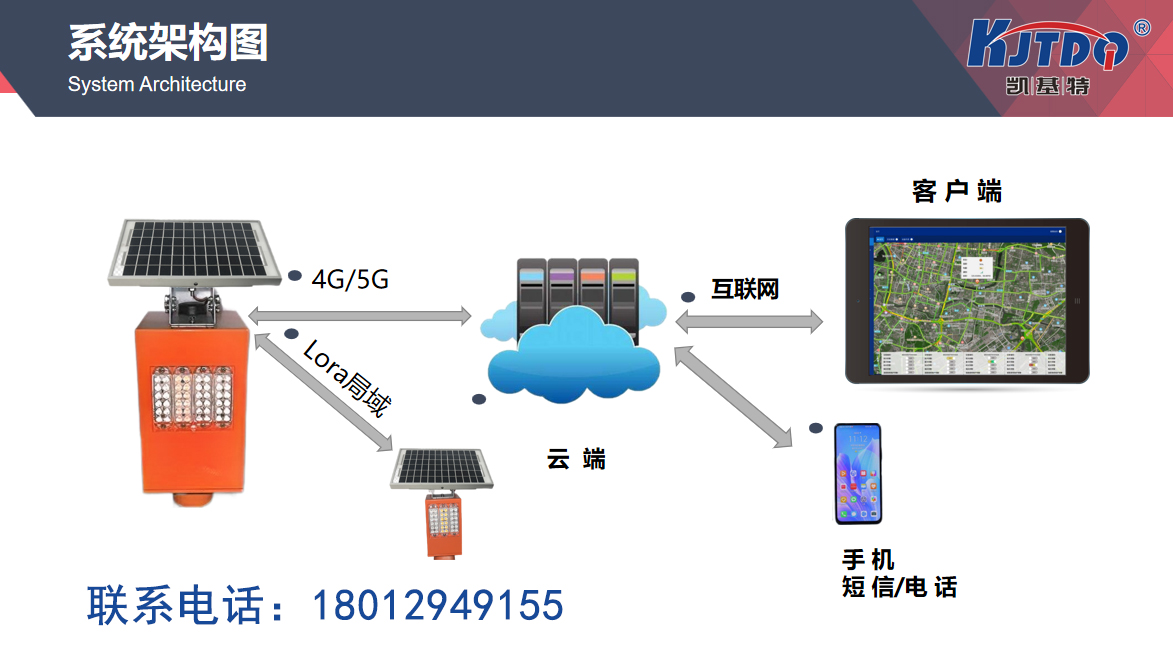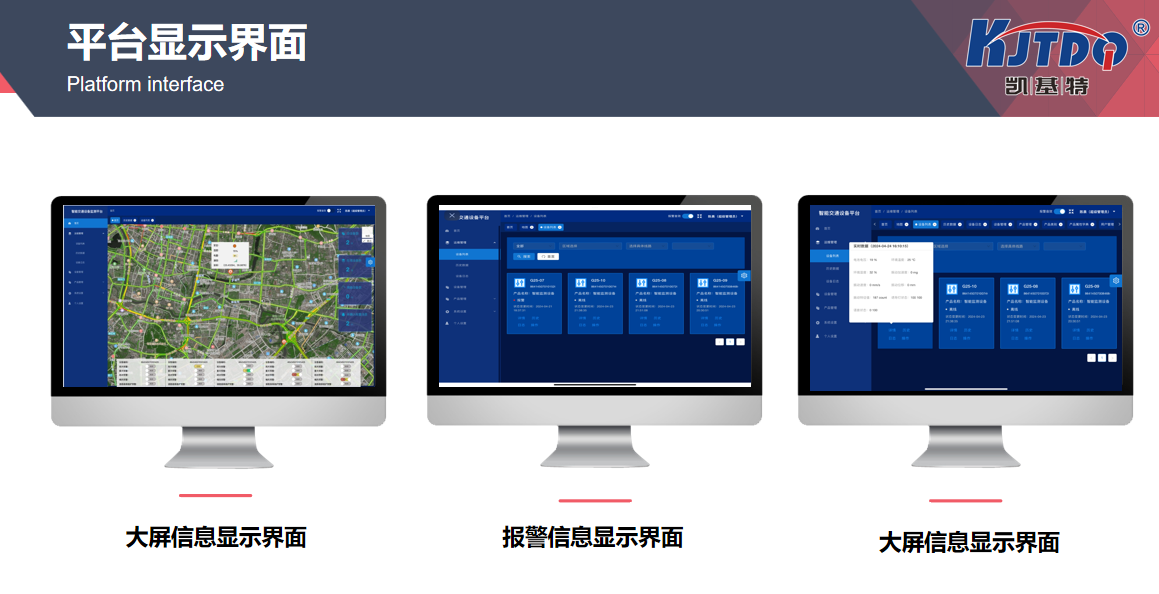With the rapid development of technology, our lives and work are increasingly reliant on intelligent technology. Among them, intelligent warning systems have become an indispensable presence. Whether it's traffic safety, healthcare, or financial security, intelligent warning systems play a crucial role. This system can issue alerts before danger occurs by monitoring and analyzing various data in real-time, buying us valuable time to respond to and prevent potential risks. It can be said that intelligent warning systems have become a key tool for ensuring safety and reducing losses in modern society. They not only improve our ability to respond to emergencies, but also give us confidence in the future.

Why is an intelligent warning system important? Firstly, it can greatly enhance our risk prevention capabilities. In the past, people often only took measures when a crisis came, and by then it was often too late. But now, intelligent warning systems can monitor environmental changes and potential risks in real time and issue alerts in advance through advanced sensors, artificial intelligence, and big data analysis technologies. For example, in traffic management, intelligent warning systems can monitor road conditions in real time, predict possible accidents or congestion situations, and promptly notify drivers to take measures, thereby effectively preventing accidents from occurring. Such systems are also widely used in other fields, such as healthcare, natural disaster warning, financial market monitoring, etc. Through early warning, intelligent warning systems provide strong guarantees for the safe operation of various industries.
The application scope of intelligent warning systems is very wide, covering almost every aspect of our life and work. Here are some typical application areas:
traffic safetyIn traffic management, intelligent warning systems can identify potential dangerous situations in advance by monitoring vehicle driving data, weather conditions, and road conditions changes. For example, the system can detect road icing, poor visibility, or slowing down of traffic ahead, and immediately alert drivers to slow down or change lanes to avoid accidents. Meanwhile, the intelligent warning system can also be combined with the navigation system to provide drivers with safer driving route recommendations.
Medical HealthIn the medical field, intelligent warning systems can predict the possibility of complications or worsening of the condition in advance by monitoring patients' vital signs, medication use, and medical record data. For example, for patients with chronic diseases, the system can analyze their blood pressure, heart rate, and blood sugar levels in real time, and immediately notify doctors and patients when the data is abnormal, thereby avoiding serious health crises.
Natural disaster warningIntelligent warning systems also play an important role in the prevention of natural disasters. By real-time monitoring of meteorological data, seismic waves, and hydrological data, the system can predict potential natural disasters such as earthquakes, floods, and typhoons, and promptly issue warning information to relevant departments and the public, helping people take risk avoidance measures in advance and reduce losses caused by disasters.
Financial securityIn the financial market, intelligent warning systems can identify potential financial risks in advance by monitoring market data and trading behavior. For example, when the market fluctuates abnormally or there are a large number of suspicious transactions, the system will immediately issue alerts to investors and regulatory agencies, reminding them to pay attention to possible market crashes or financial fraud, and helping them make more rational decisions.
industrial productionIn industrial production, intelligent warning systems can detect equipment failures or production abnormalities in advance by monitoring the operating status of equipment, production processes, and environmental conditions. For example, when the temperature of the production equipment is too high, the vibration is abnormal, or there is a bottleneck in the production line, the system will promptly issue an alarm to remind operators to take measures to avoid production accidents or equipment damage.
With the development of artificial intelligence and big data technology, intelligent warning systems are constantly upgrading and innovating. The modern intelligent warning system is no longer just a simple alarm device, but an intelligent system that can learn and optimize autonomously. Through deep learning algorithms, the system can extract valuable information from massive amounts of data, continuously improving the accuracy and timeliness of warnings.
For example, in the field of transportation, intelligent warning systems can analyze historical traffic accident data, identify high-risk accident sections and time periods, and deploy monitoring equipment and warning signs in advance to reduce the possibility of accidents. In the medical field, intelligent warning systems can provide personalized diagnosis and treatment recommendations to doctors by analyzing patients' historical cases and treatment records, helping doctors to more accurately assess the condition and develop more effective treatment plans.
In addition, the application of IoT technology has made the functions of intelligent warning systems more diverse. For example, by connecting the intelligent warning system with the home security system, users can monitor the safety status of their home in real time and take immediate measures in case of any abnormalities. The innovation of this technology not only improves the performance of intelligent warning systems, but also brings more application possibilities for them.
Intelligent warning systems are playing an increasingly important role in our lives and work. It not only helps us anticipate and respond to risks in advance, but also provides a solid guarantee for our safety and happiness. Through continuous technological innovation, intelligent warning systems are gradually evolving from auxiliary tools to indispensable security guardians in modern society.

However, we also need to recognize that intelligent warning systems are not omnipotent. It can only make predictions based on data, and the accuracy and comprehensiveness of the data itself directly affect the warning effect of the system. Therefore, while relying on intelligent warning systems, we need to strengthen infrastructure construction, improve data quality, enhance emergency response capabilities, and ensure that measures can be taken quickly and effectively in the face of emergencies.
The intelligent warning system is a product of technological progress, but what truly determines safety is still our own sense of responsibility and vigilance. Only by combining intelligent warning systems with human subjective initiative can we truly achieve the goals of safety and stability. The intelligent warning system is certainly important, but only through our joint efforts can it truly play its due role and safeguard our future.
1. How can intelligent warning systems improve the effectiveness of natural disaster prevention?
The intelligent warning system greatly improves the effectiveness of natural disaster prevention by monitoring key indicators such as meteorological data, earthquake waves, and flood water levels in real-time. The system utilizes artificial intelligence and big data analysis technology to identify potential natural disasters in advance and issue timely warnings. For example, in earthquake warning, the system can issue alerts a few seconds to minutes in advance through the initial signals of seismic waves, giving the public and emergency departments valuable response time. Similarly, in flood warning, the system will monitor water level and rainfall data in real time, predict possible floods, and issue warnings in advance to guide personnel evacuation and material transfer, thereby reducing casualties and property losses.
2. What role can intelligent warning systems play in traffic management?
Intelligent warning systems can play multiple roles in traffic management. Firstly, it can monitor road conditions and vehicle driving data in real-time, identifying potential traffic accident risks in advance. For example, when the system detects that the vehicle density on a certain road section is too high or the weather is bad, it will promptly remind the driver to slow down or choose another route, thereby reducing the occurrence of traffic accidents. Secondly, intelligent warning systems can help traffic management departments schedule traffic resources more efficiently, alleviate traffic congestion, and improve road traffic efficiency by optimizing signal duration, guiding vehicles to detour, and other measures. In addition, the system can automatically detect and record traffic violations such as speeding, running red lights, etc., to assist law enforcement departments in management.